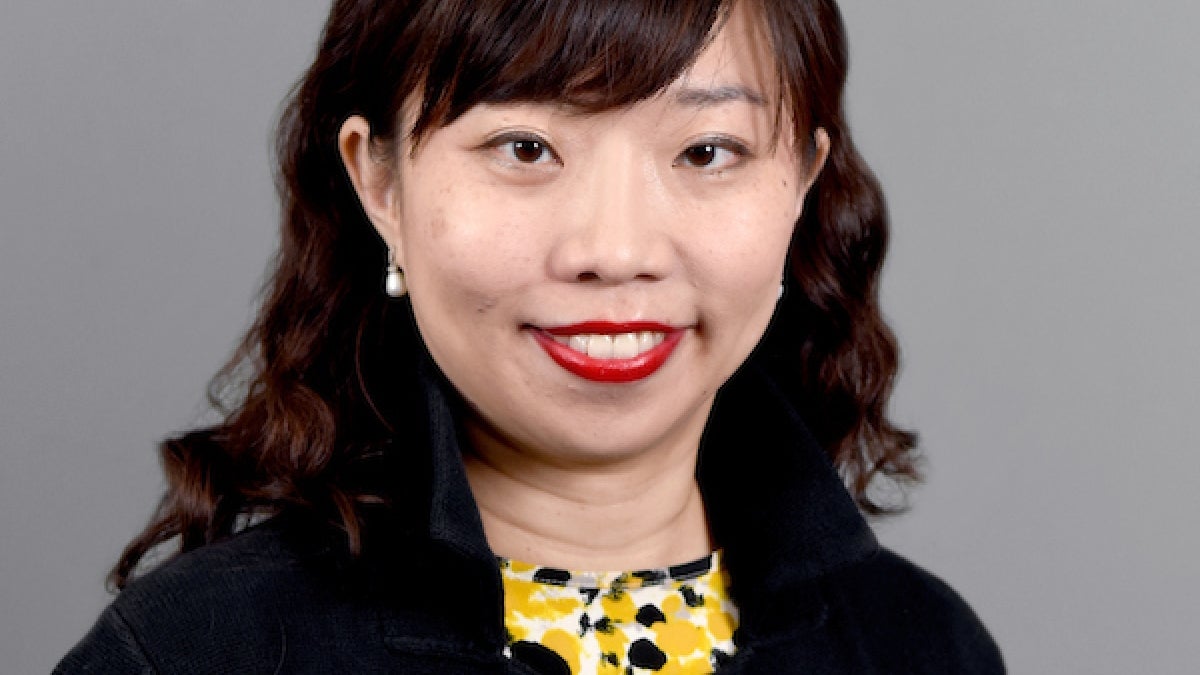Communication research receives university seed funding to study the 'internet of things'

Professor Pauline Cheong studies communication technologies and culture.
The Institute for Social Science Research at Arizona State University has awarded seed-grant money to Professor Pauline Hope Cheong at the Hugh Downs School of Human Communication to advance research on how individuals and populations communicate on and with internet-enabled devices.
Cheong, who studies communication technologies and culture, will serve as principal investigator on an interdisciplinary study in the new skills and digital literacies that we need to function in the age of the "internet of things." Professor Karen Mossberger of the School of Public Affairs in the Watts College of Public Service and Community Solutions is the co-principal investigator on the project.
Cheong explained that internet use today is no longer restricted just to our computers, tablets or smartphones: It's present in the applications, devices and sensors in our cars, homes and neighborhoods — it's even in our microchipped selves.
“Thus, the internet of things refers to the ecosystem of computing devices embedded in everyday objects that collect, interact and exchange data,” Cheong said.
Results of the study will inform how we understand new mediated communication practices, and how public policy and technology design can accommodate a diversity of actors and goals and can decrease risks, particularly for populations that are economically and socially vulnerable or excluded.
Cheong says that the growth of “big data” and these connected devices multiplies risks for data breaches, hacking and other cyber threats.
“Additionally, decision-making, problem solving and strategic skills — deciding on potential benefits and risks, and when and how to use a technology — are greatly increased with the privacy and security concerns raised by (the internet of things).”
“What does this mean for the human capacities and communication skills needed to function in this era of hyperconnectivity?” said Cheong.
More Science and technology

Will this antibiotic work? ASU scientists develop rapid bacterial tests
Bacteria multiply at an astonishing rate, sometimes doubling in number in under four minutes. Imagine a doctor faced with a…

ASU researcher part of team discovering ways to fight drug-resistant bacteria
A new study published in the Science Advances journal featuring Arizona State University researchers has found…

ASU student researchers get early, hands-on experience in engineering research
Using computer science to aid endangered species reintroduction, enhance software engineering education and improve semiconductor…